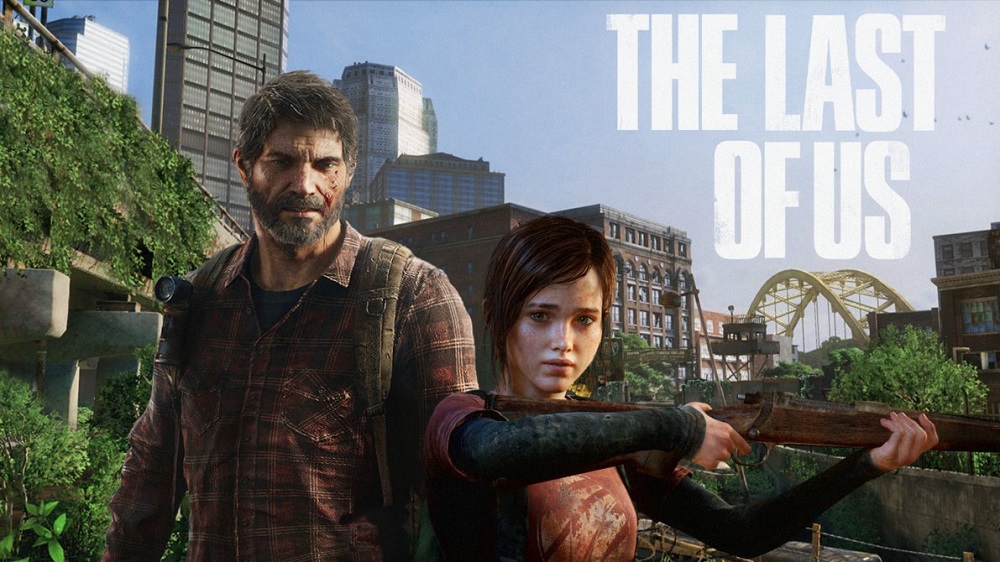The impact video games have had on our culture and society in the past few decades is staggering, and has it long left behind the image of being solely the pastime of teenage boys. Back in 2014, 47 percent of gamers were women and 29 percent of gamers were over the age of 50. For the past few years, video game sales (and audiences) have dwarfed Hollywood, with games sales reaching a staggering $24 billion compared to just $10 billion that movies have raked in from the box office.
Video games are a big business, and they are reaching an ever larger and diverse audience. The often complex and story-rich plots in video games enable developers to craft intricate characters, scenarios, and worlds for the characters to develop in. Game developers have a history of creating LGBT characters in their games; for example, in 1989 Capcom released Final Fight, featuring an antagonist known as Poison (she has since appeared in numerous other Capcom titles, most recently as a playable character in Ultra Street Fighter in 2014) and depending on the games region is either a crossdresser or transgender.

Unlock premium content and VIP community perks with GB M A X!
Join now to enjoy our free and premium membership perks.
![]()

![]()